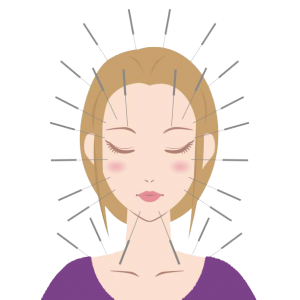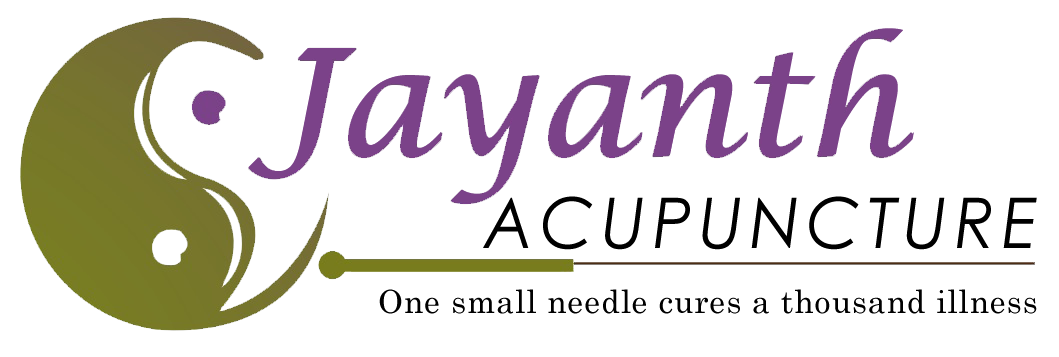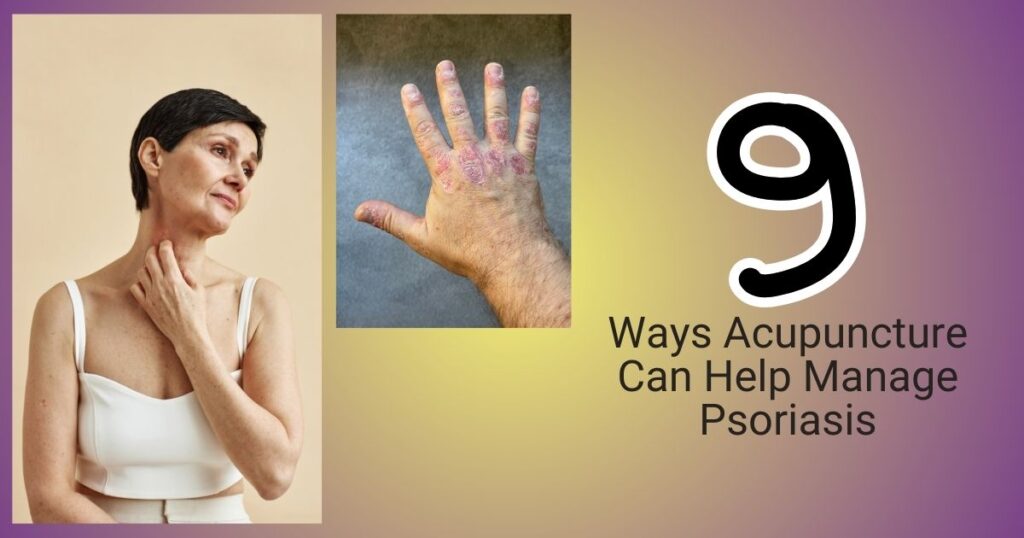If you have red, itchy, scaly patches on the elbows, knees, scalp and lower back, there is a possibility that it is psoriasis. This condition is an autoimmune skin disorder. Traditional Allopathy treatment can control inflammation and flare-ups. But many patients are increasingly looking into complementary treatment methodologies like acupuncture. In addition to allopathic treatments, Acupuncture, with its roots in Traditional Chinese Medicine can help balance the body’s systems. It can also help lower stress, improve circulation and reduce the mental and physical symptoms of psoriasis.
- Reduces Inflammation
Acupuncture has been shown to reduce psoriatic lesions’ redness, swelling and scaling. It does so by regulating the immune system and lowering pro-inflammatory cytokines. It also increases skin healing and encourages relaxation. It does by providing an additional layer strength for controlling psoriasis symptoms.
2. Relieves Itching and Discomfort
Frequent itching can be distressing for psoriasis patients. Acupuncture helps activate nerve pathways that release endorphins, reducing itchiness and irritation. It may also lower stress, improve sleep, and enhance emotional resilience, supporting comprehensive psoriasis management alongside conventional treatments.
3. Balances the Immune Response
Since psoriasis is an autoimmune condition, regulating immune function is key. Acupuncture supports better immune regulation, helping reduce abnormal skin cell turnover. It may also enhance energy flow, decrease inflammation, improve skin barrier function, and promote holistic healing, complementing medical treatments effectively.
4. Improves Skin Healing
Better blood circulation from acupuncture treatments enhances oxygen and nutrient delivery to the skin, potentially speeding up plaque healing and improving skin texture. It may also reduce stress, support immune balance, and promote overall skin health, complementing conventional psoriasis therapies effectively.
5. Reduces Stress and Anxiety
Stress is a major trigger for psoriasis flare-ups. Acupuncture helps calm the nervous system, reduces cortisol levels, and promotes emotional balance—crucial for long-term symptom management. It may also improve sleep quality, enhance relaxation, and support mental well-being, complementing conventional treatments effectively.
6. Supports Liver and Detox Function
In Traditional Chinese Medicine, skin conditions are often linked to liver function. Acupuncture may stimulate liver detox pathways, support internal cleansing, balance energy flow, and reduce inflammation, potentially improving psoriasis symptoms and promoting holistic wellness alongside standard treatments.
7. Boosts Energy and Sleep
Living with a chronic condition can be exhausting. Acupuncture improves sleep quality and energy levels, helping patients feel more resilient mentally and physically. It may also reduce fatigue, enhance mood, and support overall vitality, complementing conventional psoriasis treatments effectively.
8. Reduces the Need for Medication
Many people with psoriasis rely on steroid creams or immune-modulating drugs. Regular acupuncture sessions may reduce dependency on medications by improving the body’s natural healing mechanisms, balancing immune responses, enhancing circulation, and promoting stress relief, potentially supporting long-term symptom management alongside conventional treatments.
9. Offers a Holistic, Side-Effect-Free Approach
Unlike pharmaceutical treatments, acupuncture has minimal side effects and treats the individual holistically—not just the skin—by restoring energetic balance. It may reduce inflammation, improve emotional well-being, and enhance overall health, supporting psoriasis management alongside conventional therapies effectively.
While acupuncture is not a cure for psoriasis, it offers a supportive, holistic approach that can significantly improve symptoms and enhance overall well-being. If you’re looking for a complementary therapy to manage flare-ups, reduce itching, and regain confidence in your skin, acupuncture is a natural solution worth considering. It promotes relaxation, balances immune function, improves circulation, and supports emotional resilience, potentially reducing reliance on medications and enhancing quality of life alongside conventional treatments.



